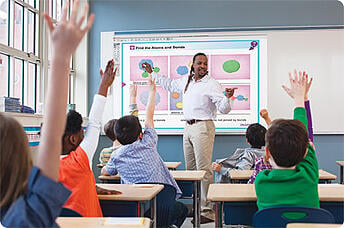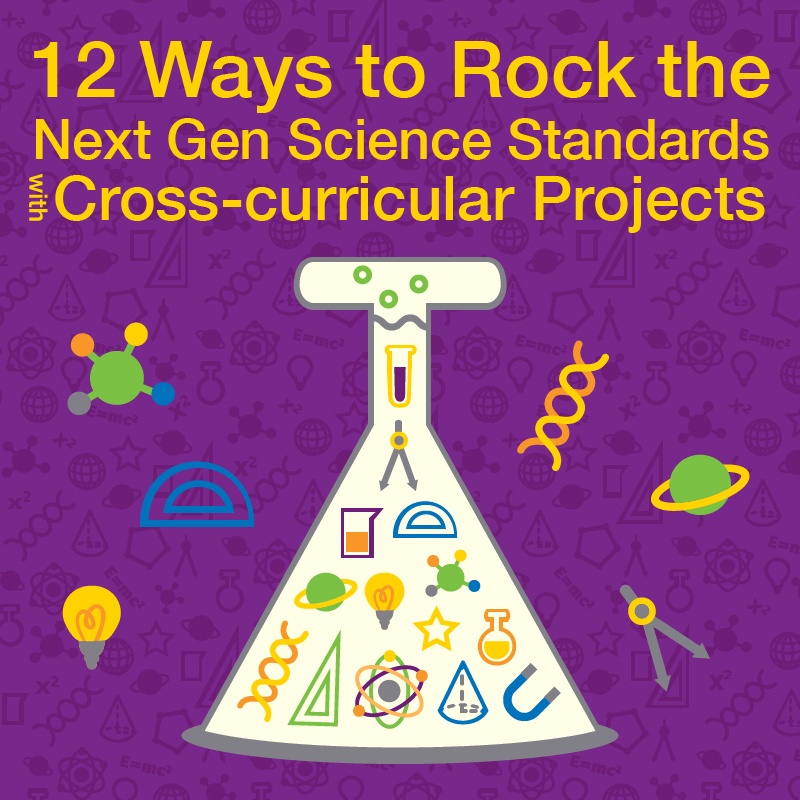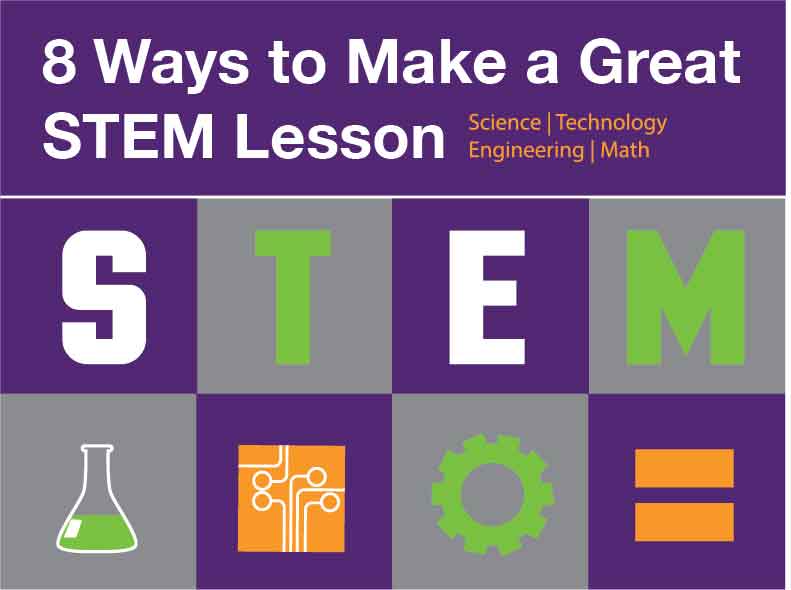When looking at the big picture of a school system, it can be daunting to think about effective ways to incorporate change. Systems are complex by nature, and education can be a hard one to change for a variety of reasons.
Topics: Science Lessons, STEM Lessons, curriculum, 21st Century Skills
Now that Black History Month is here, you may be looking for ways to tie the celebration into your lessons. The National Education Association (NEA) offers an array of lesson plans for students of all ages that can help you integrate the subject into your classroom. And if you’re looking for EdTech tools that celebrate diversity and technology, check out these resources from Edutopia. You can also access lesson packs on MimioConnect®, our online educator community, with activities to help you celebrate African-American history all month long.
Topics: Science Lessons, STEM Lessons, curriculum
5 Resources to Make the Biggest Game of the Year a Learning Touchdown
With football’s biggest night coming up, how can you turn the event into a learning opportunity? Turns out, there’s plenty of science to be found in this popular game! From Newton’s laws and Deflategate to health and injuries, football offers plenty of opportunities help improve student engagement in the classroom.
Topics: Lessons, Science Lessons, tips for teachers
Topics: Educational Software, Education Technology, Science Lessons, STEM Lessons, curriculum
Thus far, I have never met a teacher who would willingly give up their document camera. Once teachers discover how practical and useful these devices are, they don’t ever want to let them go.
Unfortunately, the core content teachers often get first dibs at this kind of technology. Elective classes already require other resources like space and supplies, so if money is tight, this technology may not be available to these teachers.
Administrators making purchasing decisions should consider all the advantages of providing document cameras in various classes. Using these devices well can allow teachers to go beyond just displaying images. If our goal is to create higher-level thinkers, here are some ideas for students and teachers using document cameras in the classroom:
Topics: Science Lessons, curriculum, MimioView
We live in a highly technological age, which has made the majority of today’s students incredibly tech-savvy. Unfortunately, many students still see courses that lead to careers in STEM fields—crucial in our high-tech world—as boring. So how can we engage and excite the next generation of students in order to show them how science is relevant to their lives and their futures?
Topics: Education Technology, Science Lessons, curriculum
Demand for skilled workers in STEM fields (science, technology, engineering, and math) is constantly growing, so how do we prime today’s students for the jobs of tomorrow? Educators can take advantage of a wide range of informative websites, innovative games and apps, and engaging products—all created with STEM learning in mind. We’ve compiled this list of our Top 25 resources to help you learn more about how to best prepare students for careers in STEM fields.
Topics: Science Lessons, STEM Lessons
12 Ways to Rock the Next Generation Science Standards with Cross-curricular Projects
The Next Generation Science Standards were designed to be "rich in content and practice, arranged in a coherent manner across disciplines and grades to provide all students an internationally benchmarked science education." In practice, the NextGen Standards cover more than the science disciplines – the directives integrate all subject areas. The standards are so cross-curricular, you might sometimes think you’re reading a writing prompt for a language arts class or as a math story problem. Their nature makes them ideal for teaching in a project-based learning environment, where the goal is to synthesize curricular topics into one global learning experience. Nexgenscience.org provides a valuable resource on cross-curricular classroom sample tasks to get you started.
There are many ways to bring Science Standards into other disciplines and lessons. Think about presenting the science activities that are aligned to the Next Generation Science Standards as cross-curricular projects that will deepen student learning and engagement. For examples, consider the following 12 projects.
Topics: Science Lessons, STEM Lessons, curriculum
What is STEM?
The acronym stands for Science/Technology/Engineering/Math, and it typically is used when addressing education policy and curriculum choices in schools to improve competitiveness in science and technology development. STEM Curriculum Specialist Nancy Tsupros defines it more specifically as follows:
STEM education is an interdisciplinary approach to learning where rigorous academic concepts are coupled with real-world lessons as students apply science, technology, engineering, and mathematics in contexts that make connections between school, community, work, and the global enterprise enabling the development of STEM literacy and with it the ability to compete in the new economy. (Tsupros, 2009)
STEM was created to encourage a greater focus on science and math disciplines, in order to build a workforce equipped for the high-tech jobs in the future. Simply teaching math and science using technology cannot accomplish this. STEM is about changing the way we approach these disciplines. It’s about going beyond the classroom and prepping students for the real world.
Topics: Science Lessons, STEM Lessons, Math, curriculum

Topics: Educational Software, Science Lessons, NGSS










